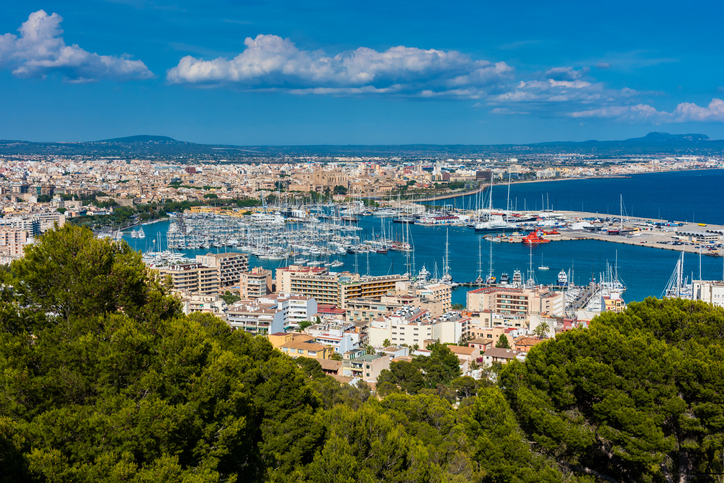Palma de Mallorca, capital of Mediterranean tourist destination the Balearic Islands, voted yesterday to ban almost all short-term rentals of private homes like those on Airbnb, which locals say have triggered sharp rises in rental prices.
Under the new regulation, Palma joins scores of tourist hotspot cities in Europe that have chosen to restrict the practice in which individuals can rent out their homes, or even rooms in their homes, for short periods of time.
In February the Balearic Islands, of which Mallorca is one, said it would fine flat-sharing and rental service Airbnb 300,000 euros ($365,310) for advertising unregistered homes on its website.
The new regulation will no longer permit home sharing in blocks of flats though detached homes will still be available as long as they are not on protected land, within a region around the airport, or buildings not designated for residential use.
Tourism provides more than 11 percent of Spain’s economic output, and the country has seen record levels of visitors in recent years as sun-seekers worried about terrorism have turned away from North Africa and the Middle East.
Rental prices have risen some 40 percent since 2013 with non-regulated tourist rentals up around 50 percent to close to 20,000, according to city hall figures.
Locals also complain that the short-term rental of homes within residential blocks of flats often bring holidaying visitors who show little respect for community norms on behaviour and noise.
Complaints against tourists quadrupled between 2014 and 2017 to 192, the city hall said.
“Palma should be a habitable city and the worse than can happen is the inhabitants have to leave,” Palma’s mayor Antoni Noguera said.
Other Spanish cities including Madrid, Barcelona, Malaga, Seville and Valencia have passed laws or are examining regulation to restrict tourismrentals via sites such as Airbnb and Homeaway.






